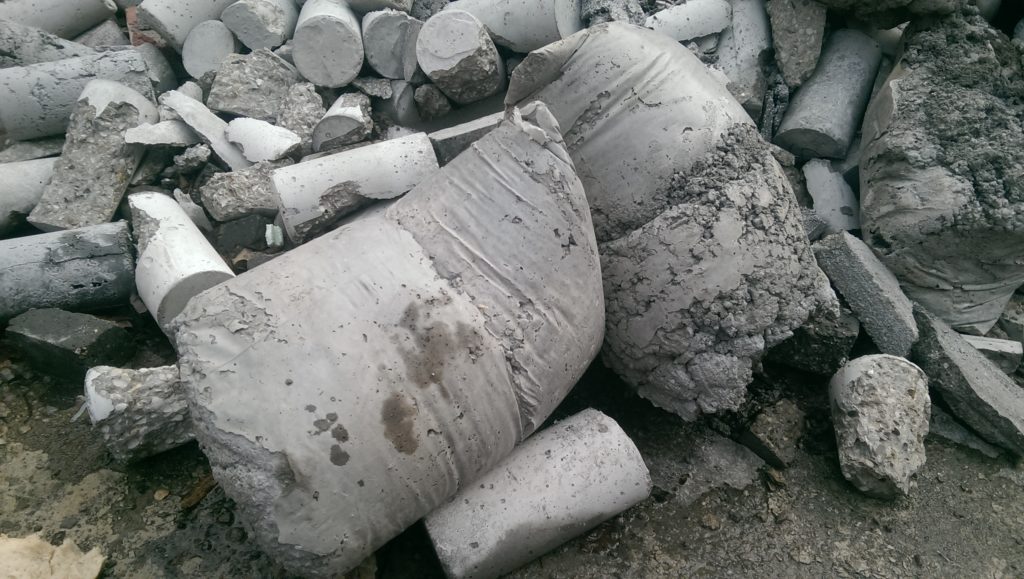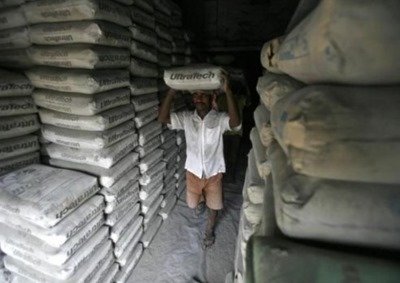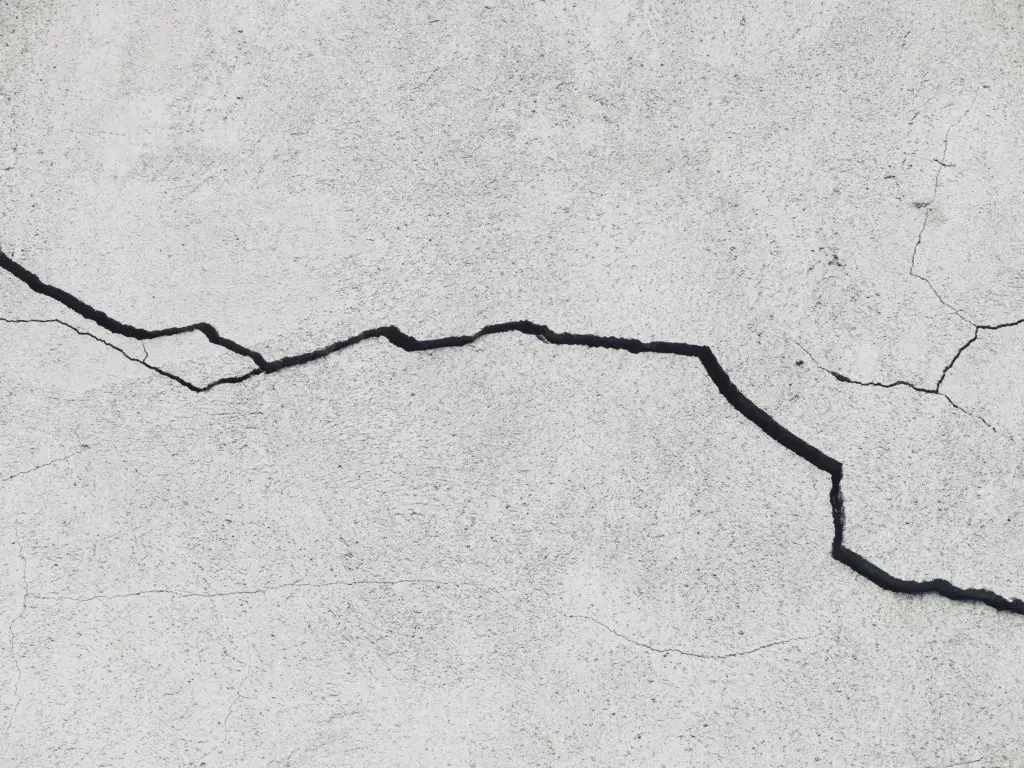Lifespan of Cement| Does Old Cement Loses strength? Shelf Life of Portland Cement
Shelf Life of Cement: Does Old Cement Loses Strength? | How Long Can You Keep A Bag of Cement?
Shelf Life of Cement/Lifespan of Cement
Cement is commonly used as a building material for most homes. Cement is a versatile, lightweight material that holds up to harsh conditions. However, even though concrete may look strong and durable, its shelf life is not as long as you might expect.
In fact, concrete is not only susceptible to moisture but also to other environmental factors such as temperature and light.
Cement is the first material that we think of when we want to build a house or any other structure. There are many construction materials that are used to construct a house or building but cement has a major role to play with respect to its life, strength, and cost. its own valuable impression
Most people seem to be unaware that cement has a shelf life. Cement is a hygroscopic material, meaning it absorbs moisture. Because of this property of cement, it is important that it be used before its “best before” date to ensure a long-lasting foundation. Cement has a three-month shelf life.
The strength of cement decreases as the time goes by. It is preferable if the cement is not processed for more than three months. However, if it has been stored for more than three months, the strength of the cement should be checked before use.
Fresh Cement Benefits.
Fresh cement only leads to a good quality of construction which ultimately results in the long service life of the building. But cement that is stored in godown for a longer duration, outdated cement, or cement that is stored on-site for a longer duration may lead to the poor quality of construction.
Though the cement might be well protected in the cement godown, it absorbs moisture from the atmosphere, and over a period of time, cement loses its strength. So, a million-dollar question is does cement loses its strength over time?
How Long Can You Keep A Bag of Cement?
Bagged cement is not airtight and should be used within a few months even if unopened. However, the shelf life of individual bags is dependent on the conditions under which they were handled. Unopened bags with proper storage can have a shelf life of up to six months.
Cement is available in the form of a very fine powder and it has a tendency to absorb moisture from the atmosphere. When it absorbs moisture, it hydrates, and consequently, the use of that cement does not contribute to the strength development or it contributes less.
Such cement gets hardened and form lumps. Hence one gets confused about whether one can use such cement? or how old cement one can use?

Generally, cement is bagged in a multi-wall paper sack. Multi-wall paper is neither airtight nor damp-proof and also does not prevent absorption of moisture. Vice versa cement bagged in woven polythene or craft papers is not likely to deteriorate fast to the extent mentioned above. The loss of strength also depends on the condition of the godown.

To know more about how moisture can affect the quality of cement, read the effect of moisture on cement bags.
The loss of strength of cement at different interval of times as reported by major studies is as given below in the table
Age of the Cement |
% reduction in strength of Cement |
| 3months | 20-30 |
| 6 months | 30-40 |
| 12 month | 40-50 |
Cement Strength Importance
Note that the Strength of any concrete structure majorly depends on strength of the cement. If you use fresh cement (at least 3-month-old cement), it imparts high strength to your structure and makes it long-lasting. Uses of old cement, therefore, can lead to various problems such as development cracks, leakages, corrosion, etc. which will increase your maintenance cost and reduce the life of your structure.

Wall cracks
Thus, using old cement without testing can make your life unsafe and unhealthy too.
Cement Storage Procedure
Cement absorbs moisture when it is exposed to the atmosphere, resulting in the formation of Granules or lumps due to chemical reaction and loses its strength. Hence, cement has to be stored properly to maintain its freshness and strength.
Cement bags shall be stacked on the wooden planks in such a way as to keep them above the floor to a height of 6 to 8 inches.
A gap of a minimum of 1 ft shall be left all around between the exterior walls and the stacked bags, there shall be a minimum gap of 2 ft between the top of the stack and the ceiling.
The height of each stack shall not be more than 10 bags to prevent the possibility of lumping up under pressure. These soft lumps can be made into powder by rolling the bags or by crumbling the lumps between the fingers before use
In stacks more than eight bags high the cement bags shall be arranged alternately lengthwise and widthwise, header and stretch of fashion in order to avoid toppling of bags
During the monsoon, and when it is expected to store for an unusually long period, the stacks shall be completely covered by tarpaulins or polythene sheets in case of temporary storage.
At site stacked the cement bags on the toppling spread on the ground at an elevated place. It should be protected from splashing water or water drops from nearby work areas. At the end of the day’s work, it should be covered with tarpaulin.
Store the cement in such a way that it is neither exposed nor comes in contact with moisture. Always you cement on a first in first out basis.
Do not store the cement for long a period as it loses strength in proportion to the period of storage. Always cover the cement bags with tarpaulin or polythene sheet at the end of the day’s work.
Shelf Life of Portland Cement
Cement is the most important raw material in the construction of your home. However, most people do not know enough about cement to guarantee that they do not jeopardize the quality of their property.
Most people tend to be uninformed that cement has a shelf life. Cement is a hygroscopic material, meaning it absorbs moisture. Because of this property of cement, it is critical that it be utilized before its “best before” date to ensure a long-lasting building. Portland Cement has a three-month to Six months shelf life.
Will Concrete Lose Its Strength with Time?
The hydration process, which the Portland cement ingredient undergoes during the curing of the concrete, slows down with time. The chemical reaction, on the other hand, goes on for a very long time.
That hydration is the mechanism by which concrete gains strength, and that strength continues to increase until the hydration is complete. Very old concrete may have become totally hydrated, at least in sections, and decay may occur at this stage.
The response is no, concrete strength does not decrease. A mass of concrete, on the other hand, will deteriorate at its edges and to a lesser extent at corners and other shaped surfaces. As a result, minor spalling can occur. A perfect example of this is Roman concrete.
Other events, such as impact damage and stress crack edges, occur, exposing reinforcing steel to the detrimental effects of corrosion, chemical reactions, and weathering.
All of this suggests that mature, undamaged concrete is an extremely strong and durable material. There may be strength decreases in concrete masses caused by construction flaws, but properly placed and thorough concrete will last for a very long time.


